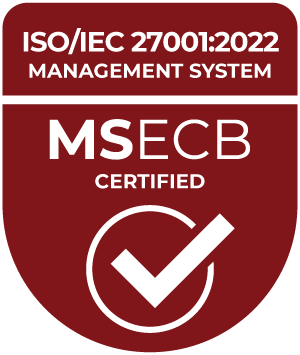Typically, the decision to implement a call recording solution is a reactive one. Many companies finally purchase a system only after discovering that a crucial business interaction has transpired that they have no concrete proof of. Unfortunately, not being able to produce evidence of a vital transaction disrupts business and can be financially damaging if the issue in question cannot be resolved.
As governments have implemented legislation to record all verbal communication and additional risks of disputes have slowly grown, companies have become more proactive and now adopt an advance protection strategy. At the initial phase of your inquiry into a call recorder, there are some critical questions that should be asked:
(1) Is call recording mandated by any government legislation in my industry? Dodd- Frank, Basel, CFTC regulations are a few of the many new laws brought into effect that require that all verbal transactions are digitally recorded.
(2) Are any contracts verbally agreed to or executed by telephone within my organization? People and companies that are bound by verbal contracts understand the importance of retaining transaction records to diminish the chance for ‘he said she said’ scenarios to occur. Without having detailed, unmitigated proof of all business dealings, expensive litigation and reputational damage can occur. I have witnessed companies receive their ROI the first day of owning their recording system!
(3) Do we need to monitor our employees’ compliance? The ability to monitor every employee is especially vital when managing call center agents and companies where there are strict compliance legalities to adhere to when receiving customer information and presenting company information. It is critical to wisely supervise your employees with minimum effort to ensure they are following policies and procedures.
(4) Do we want to understand and evaluate the image our company projects? A Quality Management module “add-on” to call recording allows supervisors to view how employees present themselves to the public, helping to improve their skills and understand the strengths and weaknesses in their interpersonal interactions. It also helps management easily identify key people for positions and promotions as unique abilities are revealed in recorded conversations.
(5) Are we encountering an unusual amount of disputes and/or fraud within our organization? Being able to monitor external communications for key information that could resolve disputes is a critical benefit of recording external calls. Recording internal communications can also result in reduced internal disputes and reduce the possibility of internal and external fraud being committed by members of your organization. In addition, it allows management the opportunity to address and prevent any internal crises before they occur.
These are just a few significant questions which need to be discussed. If you answered yes to any of the above, chances are the next thing you will be doing after reading this is contacting someone about implementing a compliant call recording solution.



